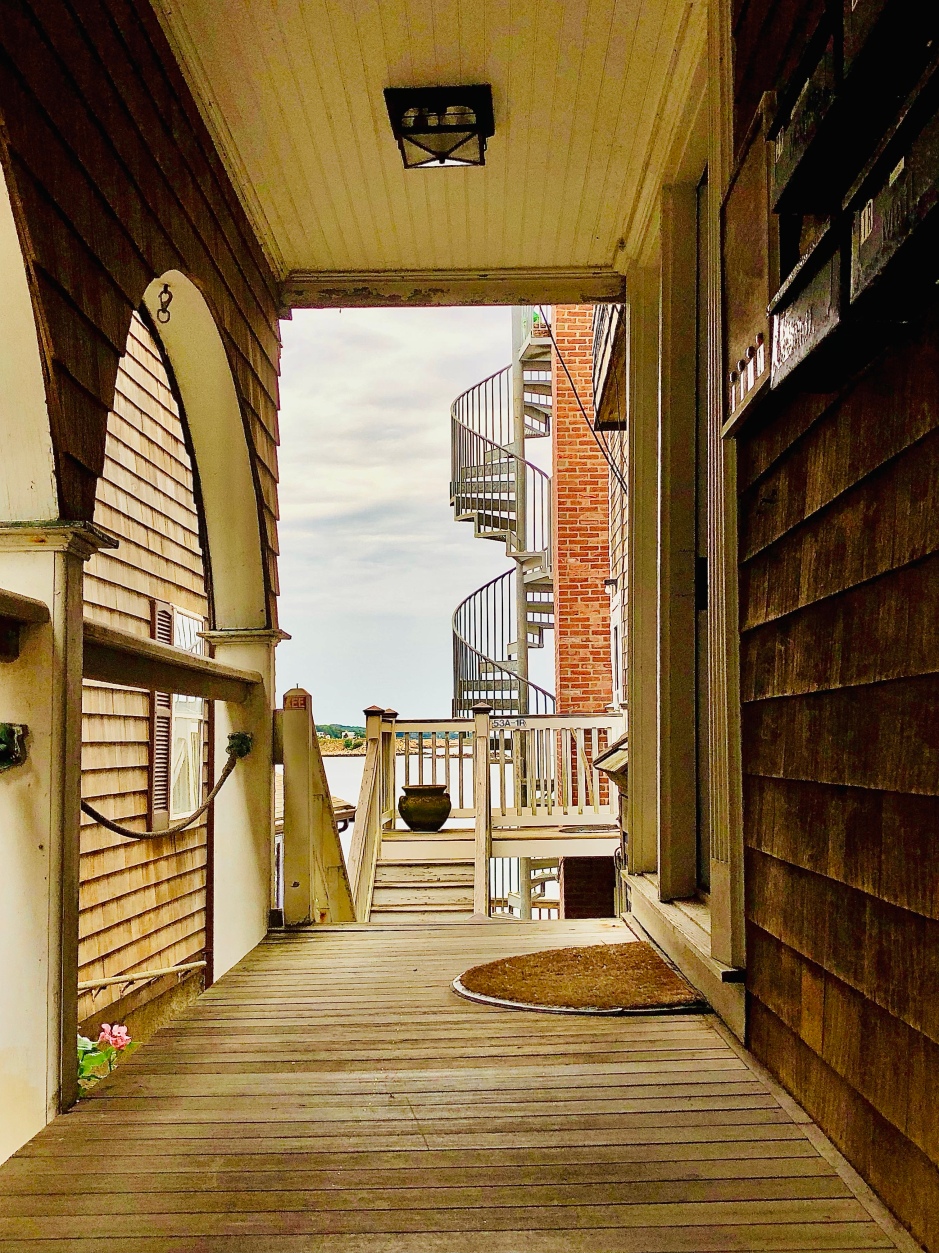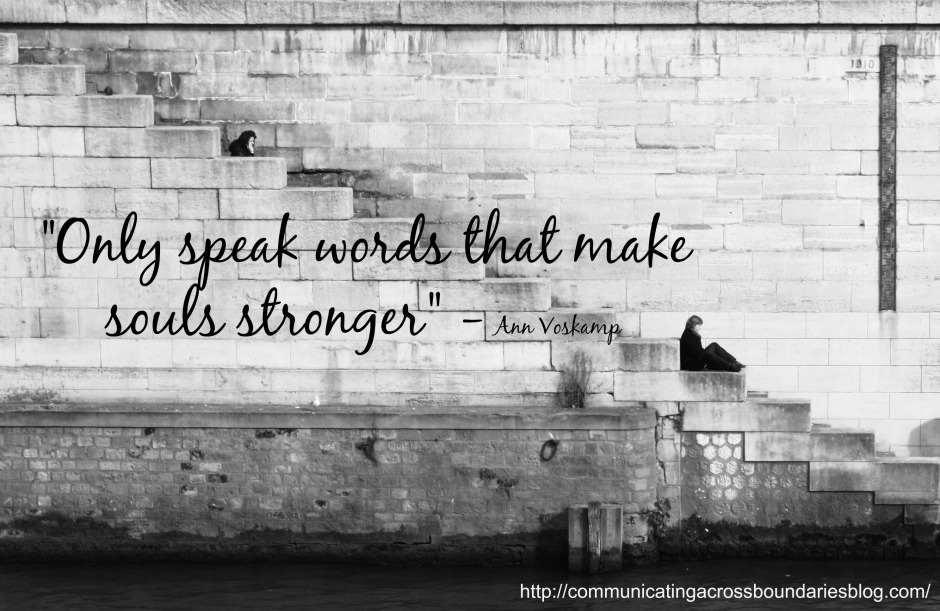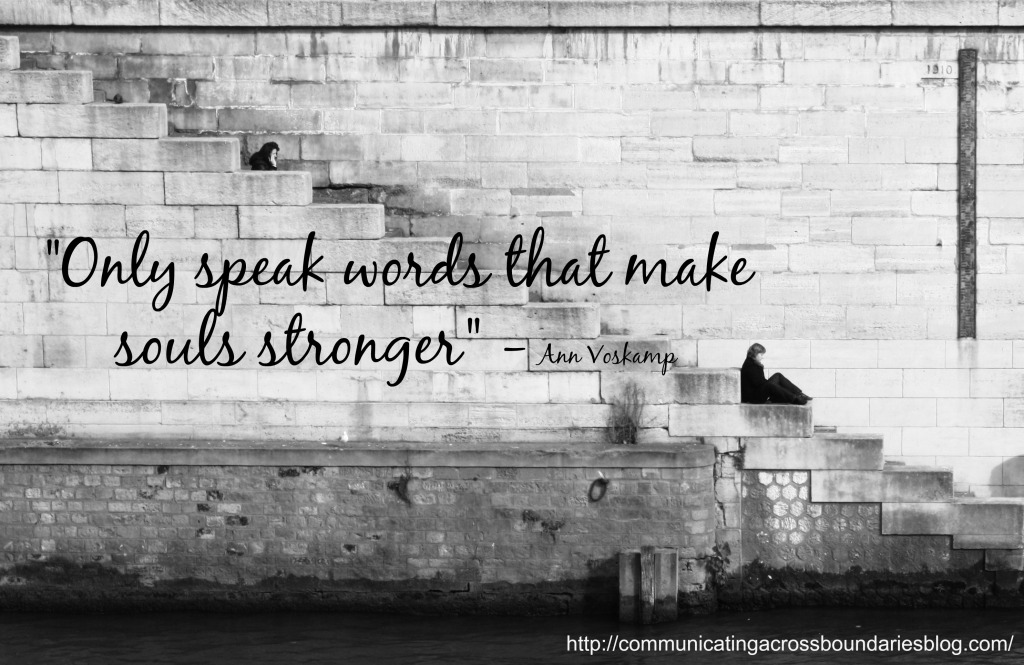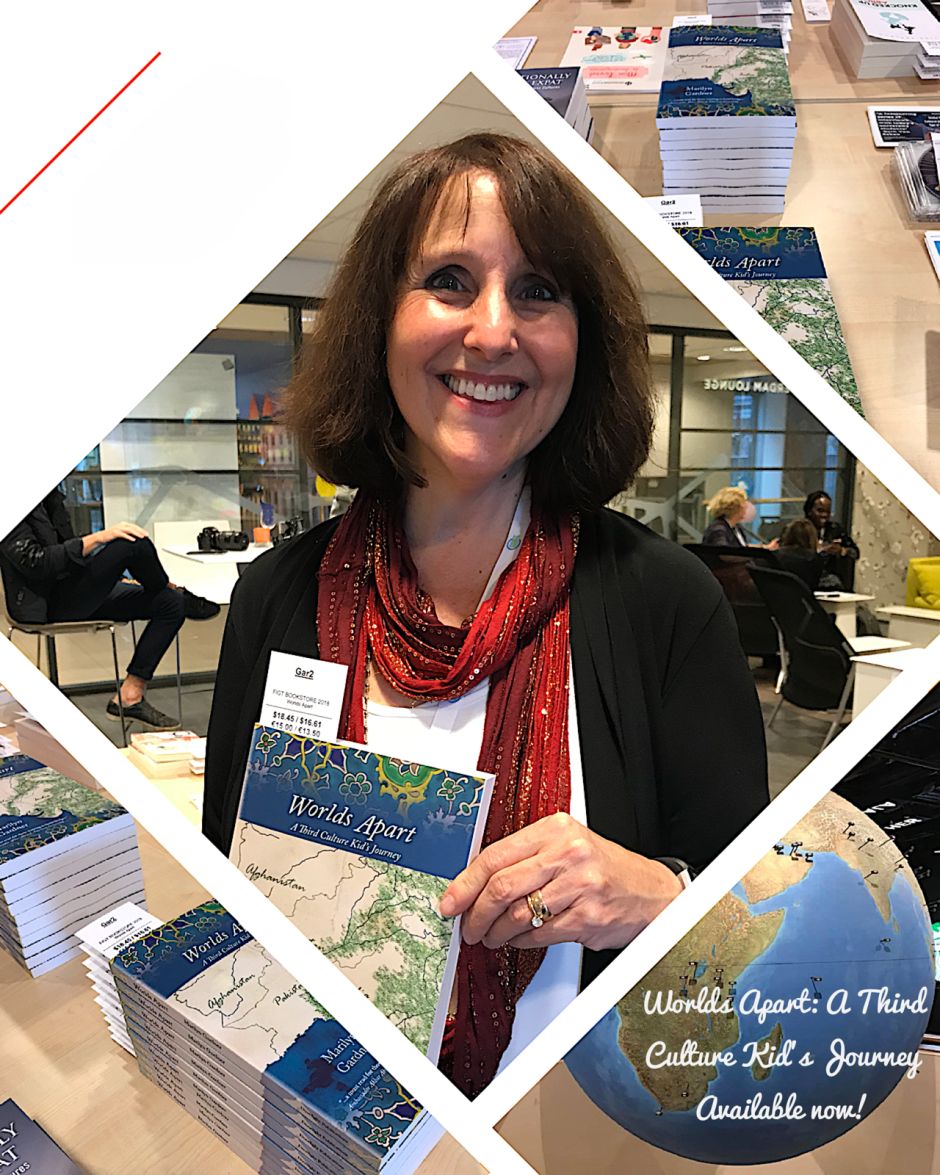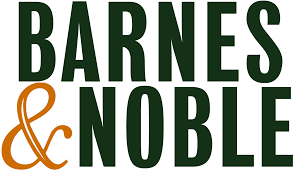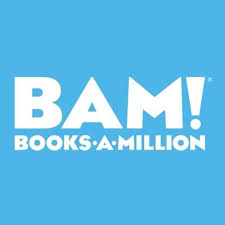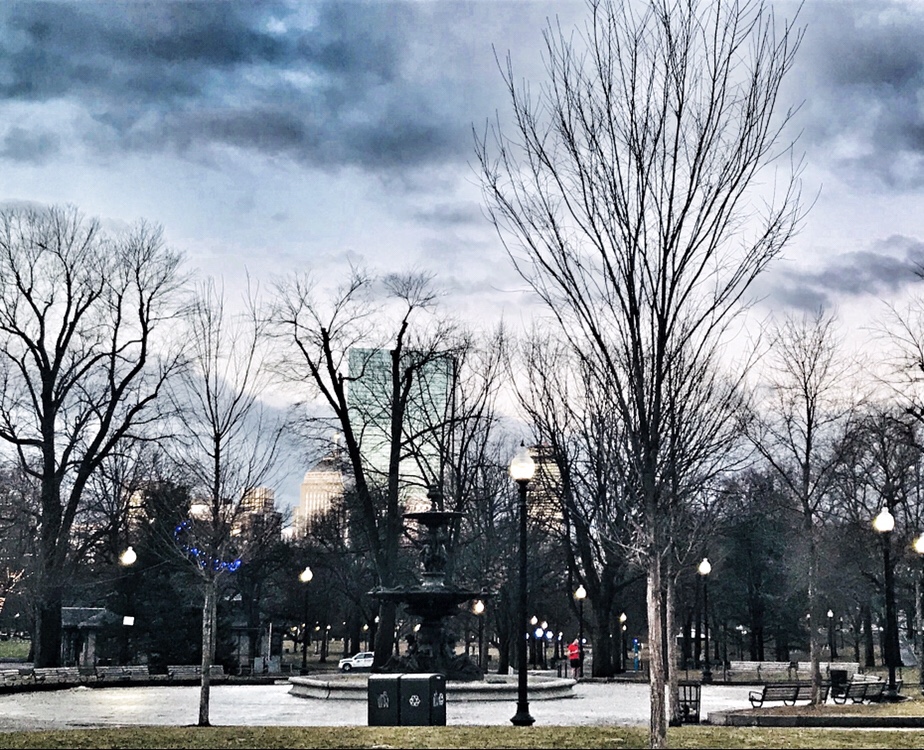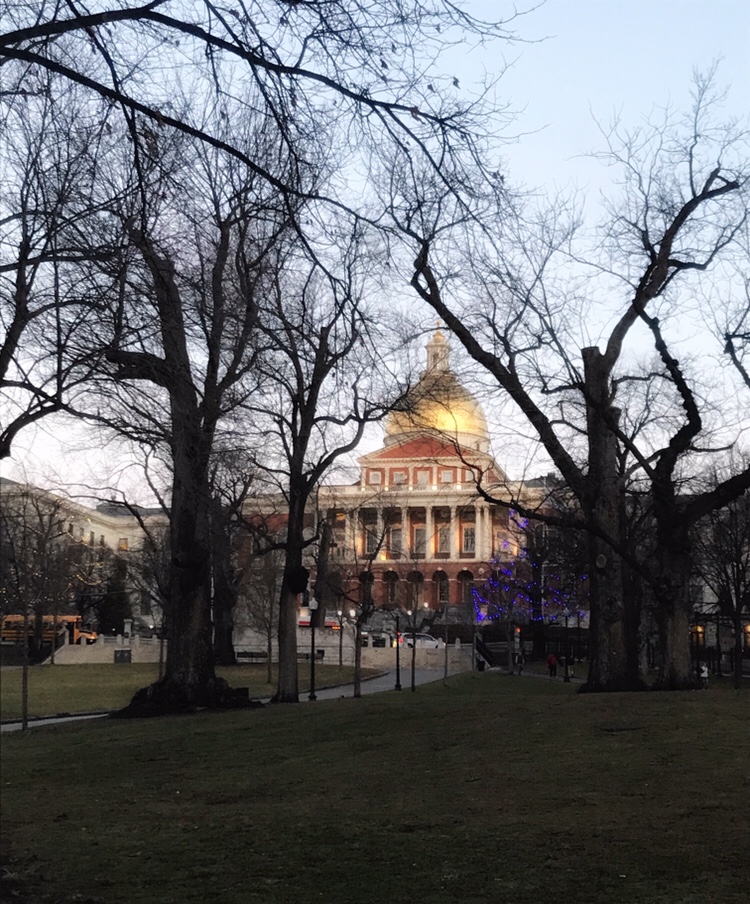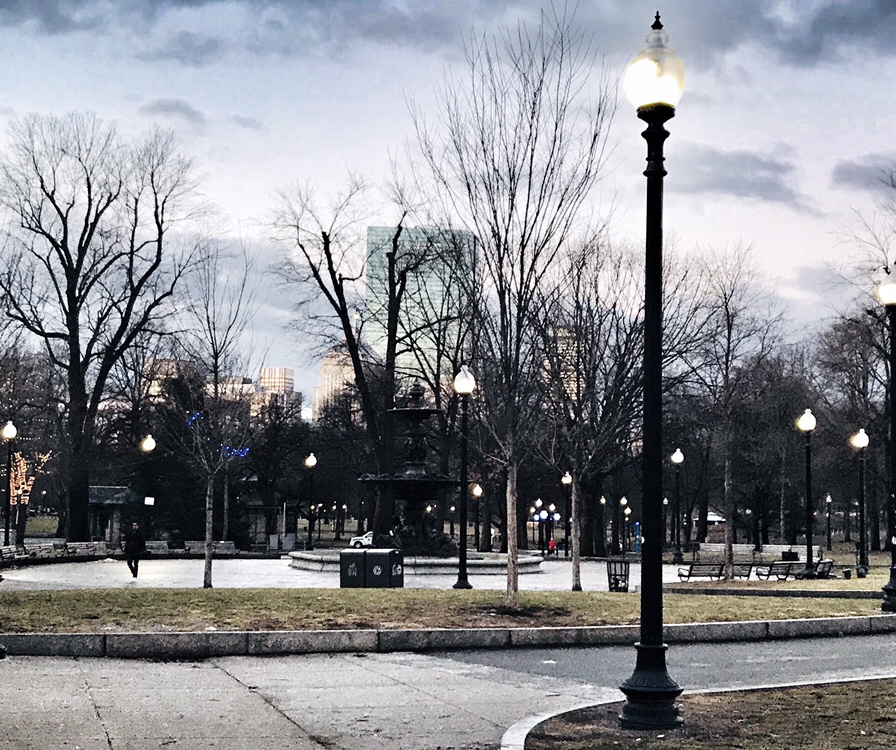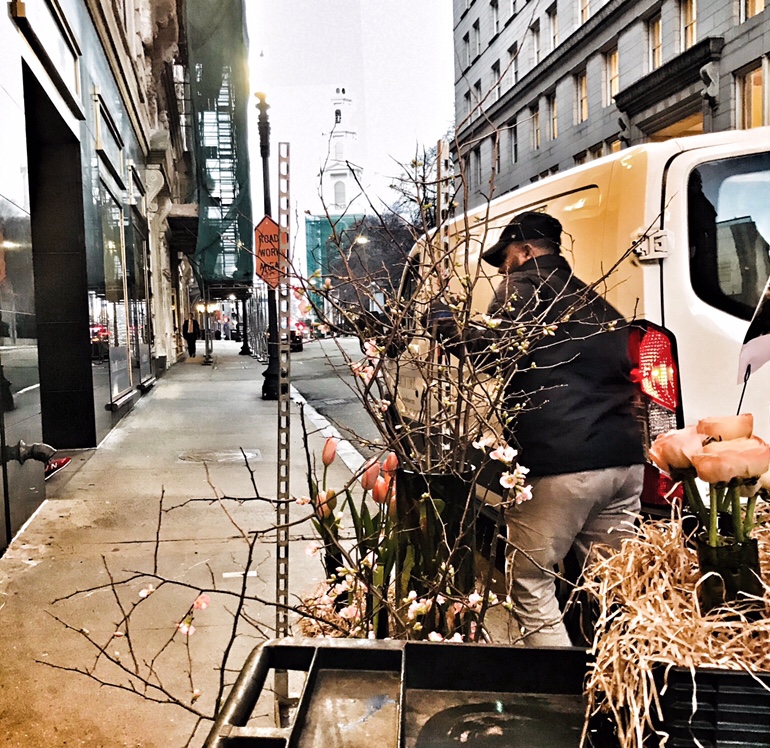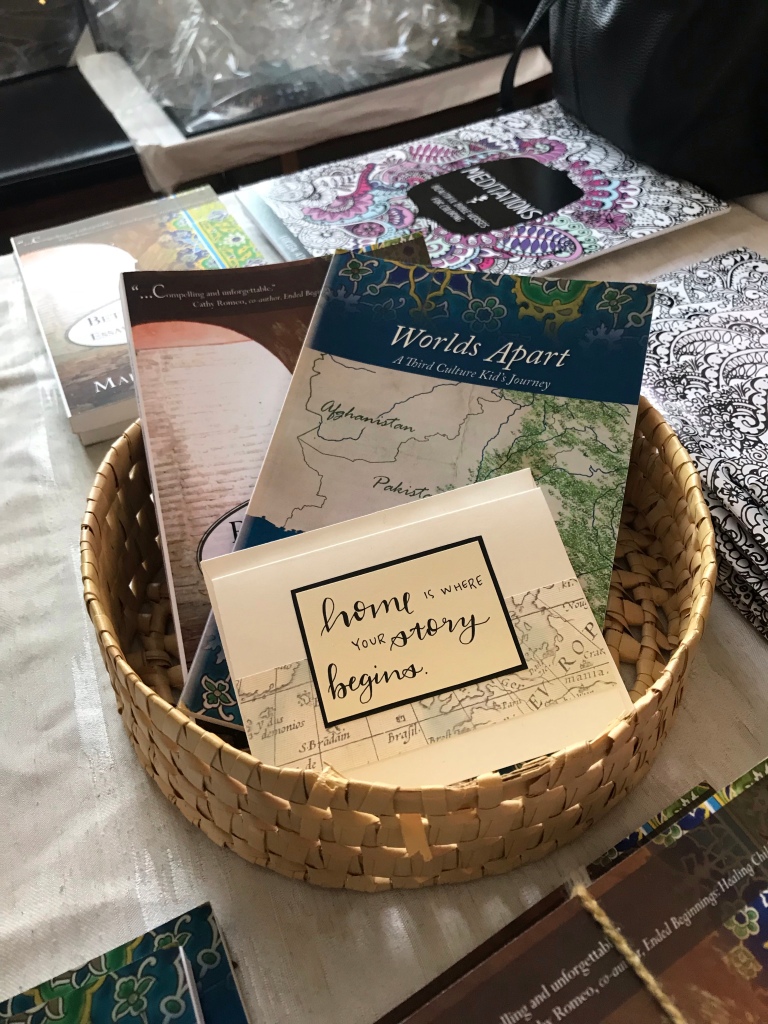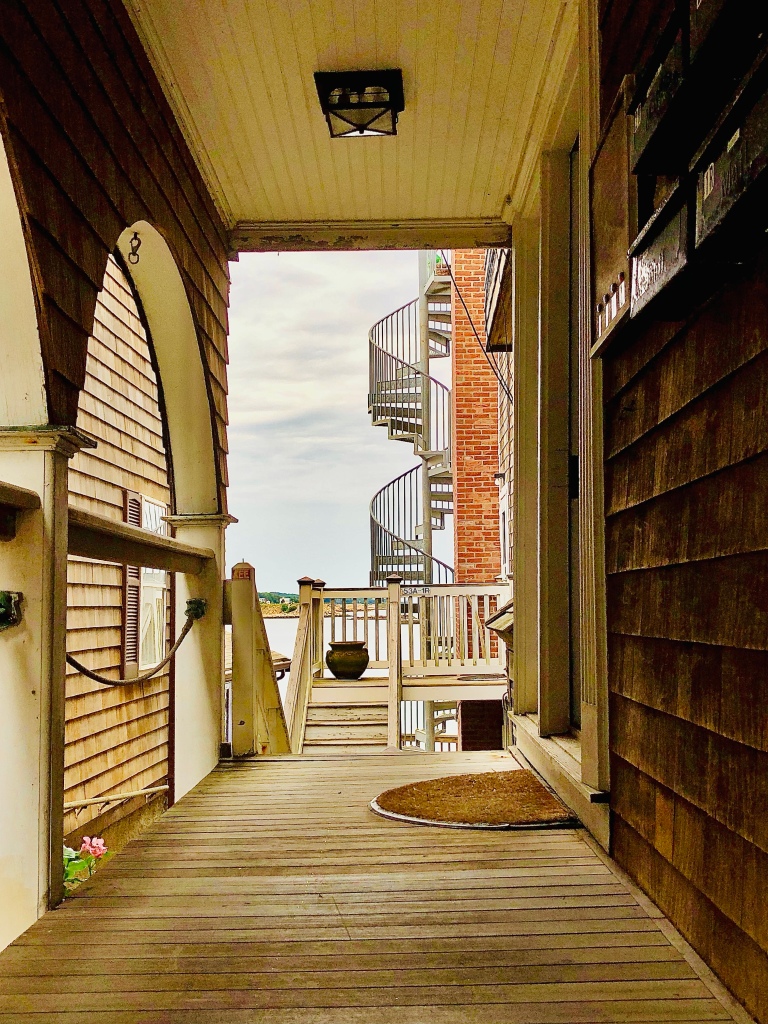
In March of this year I happened on an opinion piece in the New York Times titled “The Empty Religions of Instagram.” The subtitle was telling “How did influencers become our moral authorities?” I am not from the demographic that this piece was written for, but I found myself nodding along as I read, struck by the author’s insight into what I’ve seen, what I’ve perhaps feared. As is often the case when you are nodding along thinking “yeah! people need to read this!” I found a mirror held up to my own life. How often do I go to social media for my soul, not even realizing that’s what I’m doing? How often do I get my own dopamine rush and look to my online crowd that I sometimes, and perhaps wrongly, call my “community” to console, praise, and approve of me.
I urge you to take a look at the article, but let me quote a couple of paragraphs to frame why I am writing about this today.
“I have hardly prayed to God since I was a teenager, but the pandemic has cracked open inside me a profound yearning for reverence, humility and awe. I have an overdraft on my outrage account. I want moral authority from someone who isn’t shilling a memoir or calling out her enemies on social media for clout.
Left-wing secular millennials may follow politics devoutly. But the women we’ve chosen as our moral leaders aren’t challenging us to ask the fundamental questions that leaders of faith have been wrestling with for thousands of years: Why are we here? Why do we suffer? What should we believe in beyond the limits of our puny selfhood?
The whole economy of Instagram is based on our thinking about our selves, posting about our selves, working on our selves.”
It was about two months later when I began reading a completely different genre than a newspaper article in George Saunders new book A Swim in the Pond in the Rain. This book is like taking a graduate school course in literature, something I have longed for but never had the time to do. Saunders references other big questions in his introduction: “How are we supposed to be living down here? What were we put here to accomplish? What should we value? What is truth, anyway, and how might we recognize it?” He talks about the process of writing as a way of “training oneself to see the world with new openness and curiousity.” Saunders then takes us through several essays/short stories written by Russian authors with exercises and commentary mixed in between. It is a wonderful book.
But both these writers who come from completely different places and generations have me thinking about some changes I need to make so that I too can connect to those big questions in life, so that my writing doesn’t stem from a desire to please, but instead stems from a desire to challenge, to encourage, and to chase beauty. Why? Because my own observations are that those three things are lacking in our online discourse.
Quite frankly, I have become a lazy writer. I have become too reliant on quick responses and feedback that are abundantly supplied online, instead of pursuing the rigors of writing longer pieces with substantive content. And that is not fair to those of you who read or to myself. I sell both and all of us short.
So I am announcing, in an effort at accountability, that I am heading off of social media. While I won’t be deleting my accounts, and while this blog will automatically post to my facebook page, I will be heading away for an indefinite time. It’s time. I find myself increasingly cynical, discouraged, and dishonest as I observe my own interactions on social media. As much as I want to be a presence for the good and the beautiful, I fear I too often follow the crowd.
My real life communities and friends are where I can have the most lasting impact. My neighbors and coworkers, whom I adore, get less of me when my focus is on my next post. My family gets only half of me when I am focusing instead on those who don’t know me, yet ironically, I seem to care deeply what these strangers think.
I’m writing this as I sit in our cottage in Rockport. In the midst of all the beauty that is Rockport, I feel tired and I feel scared. It’s not only the writing piece. It’s also the significant challenges our family has faced this past year. Challenges that largely go unshared on social media. If I’m looking at the big questions, I find my mind worrying about the small questions: What if I lose the small audience I have? What if I just get distracted by something else? What do I hope will happen? I don’t know. I only know that the questions I ask are a minute fraction of what really matters, and the questions that both Leigh Stein and George Saunders ask are questions worth asking again and again….and again.
It’s time to delve deeper into the big questions. I hope you will come along for the journey.
Contrary to what you might have seen on Instagram, our purpose is not to optimize our one wild and precious life. It’s time to search for meaning beyond the electric church that keeps us addicted to our phones and alienated from our closest kin.
Leigh Stein
If you would like to keep up with my writing or communicate, please feel free to subscribe to the blog, email me at communicatingblog@gmail.com or through messenger.
